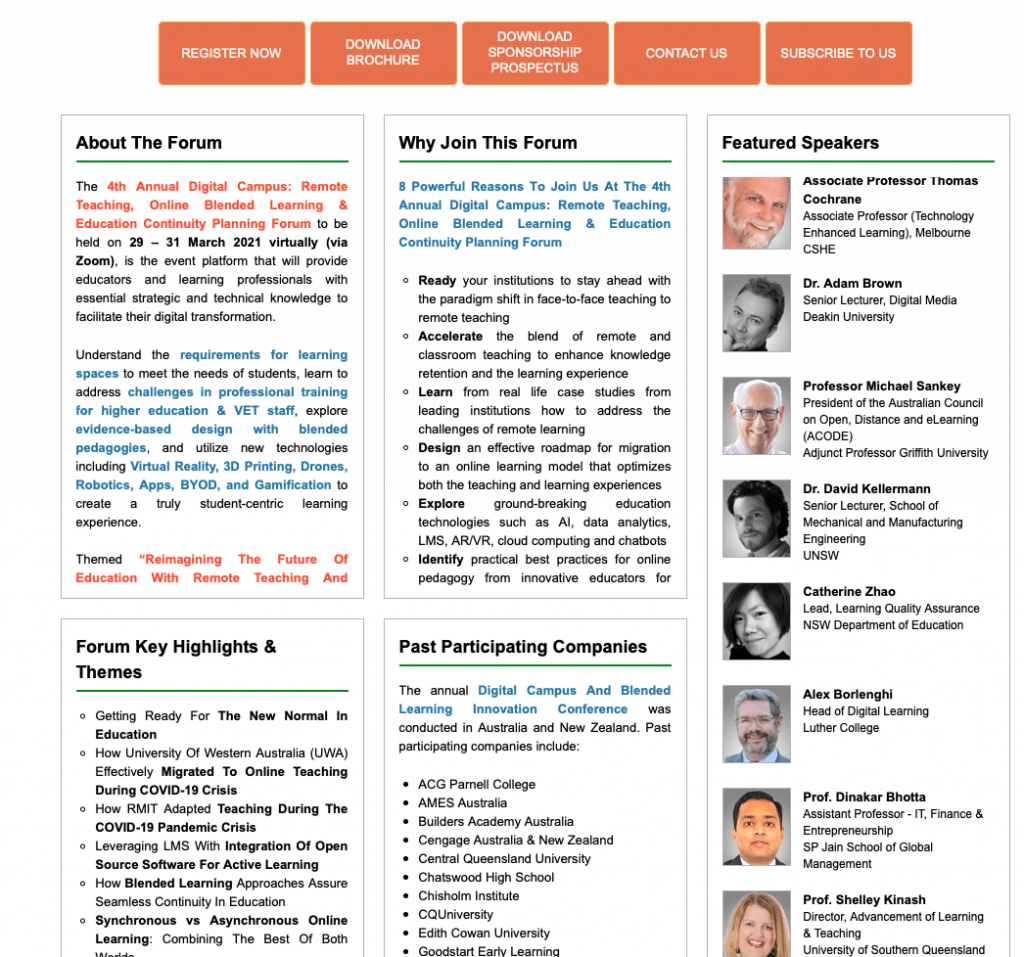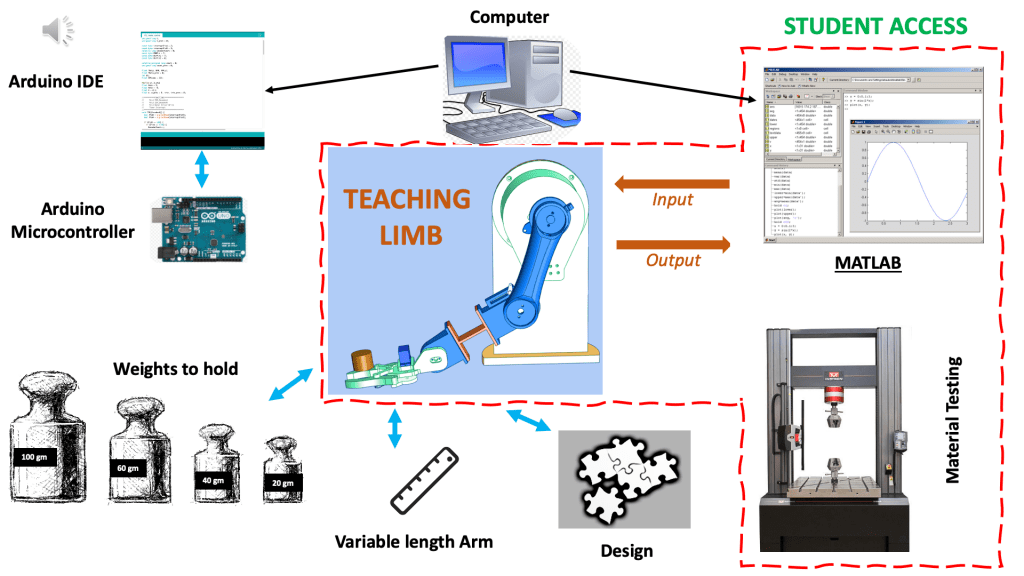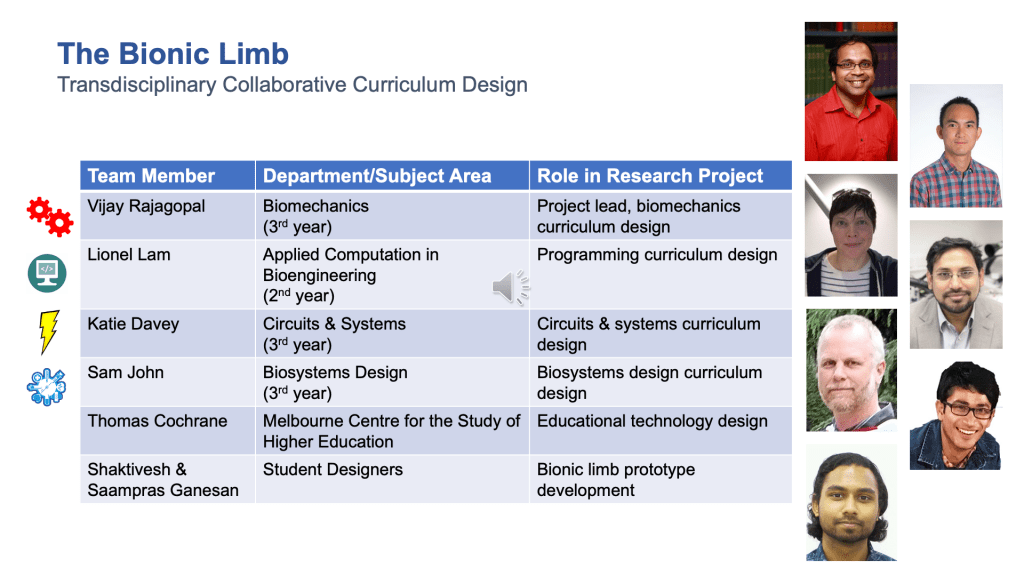#TheNewNormal @MelbCSHE Webinar E7 14th May with @cdeneen212 @thomcochrane @CatManning @SiewFangLaw1 @mjhenderson
Join us for Episode 7 of The New Normal (Teaching and Learning) Webinar Series from @MelbCSHE this Friday 1pm AEST via Zoom (link on series web page).
The impact and best case principles of dual-delivery for face-to-face Universities
Friday 14 May 2021, 1pm AEST
Panellists: Associate Professor Thom Cochrane @thomcochrane Dr Chris Deneen @cdeneen212 Dr Siew Fang Law @SiewFangLaw Ms Catherine Manning @CatManning and special guest Professor Michael Henderson @mjhenderson
Abstract: This episode will feature special guest Professor Michael Henderson from Monash University who will discuss with the panel the impact and best case principles of dual-delivery for face-to-face Universities such as The University of Melbourne and Monash University. As we venture back into on-campus teaching and learning for the second half of 2021 and leverage what we have learnt from the rapid move to online learning – what principles and practices can enhance the face-to-face teaching and learning experience in the future?




Recent Comments